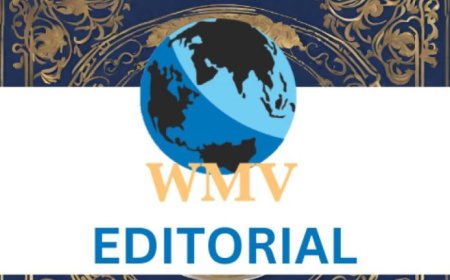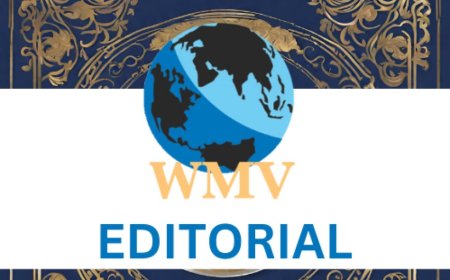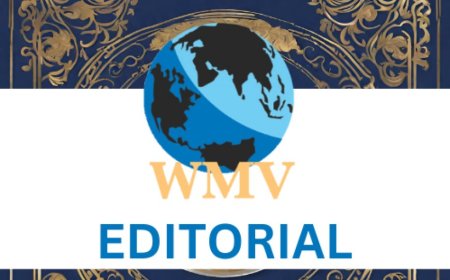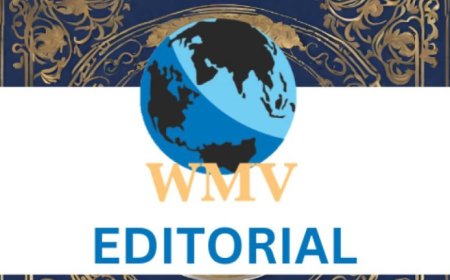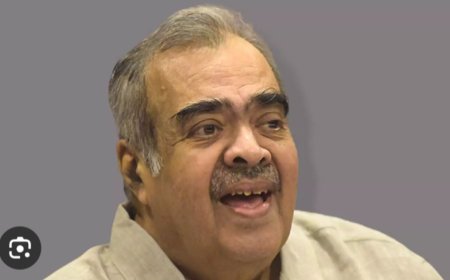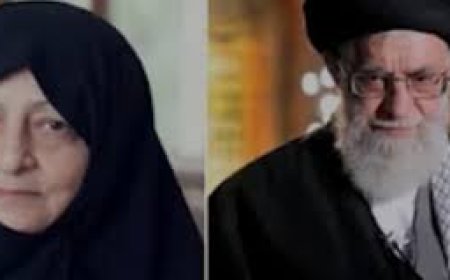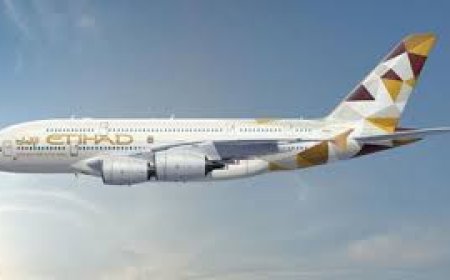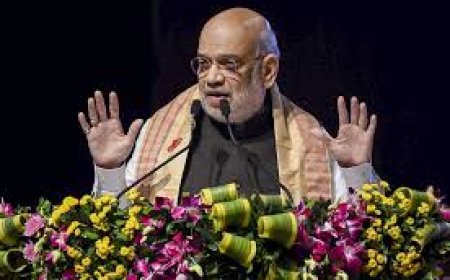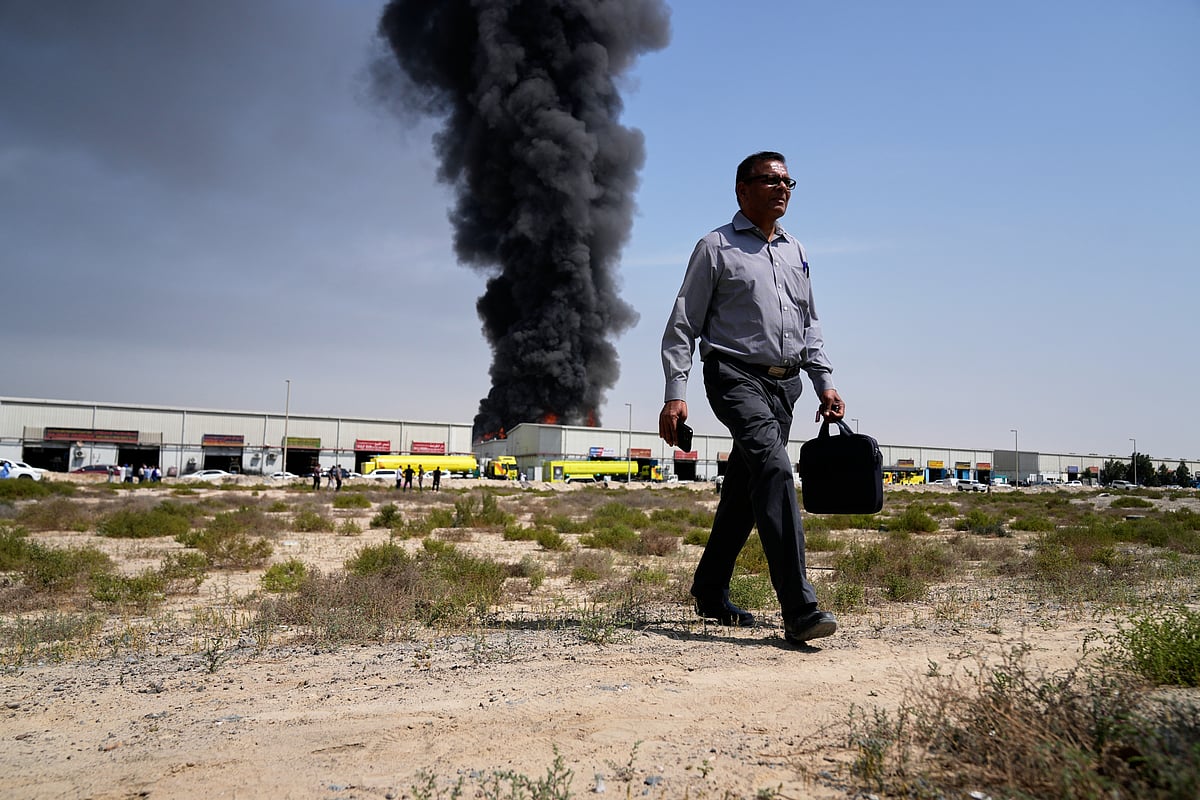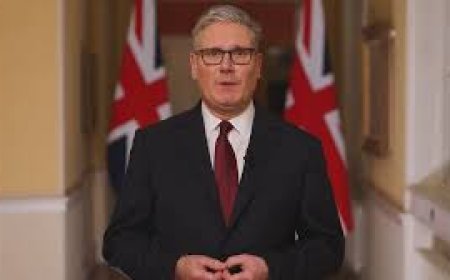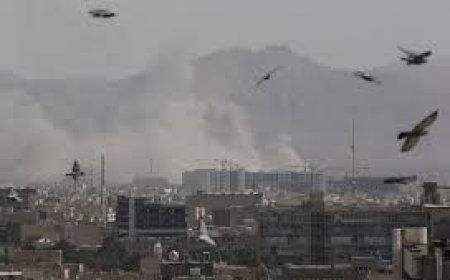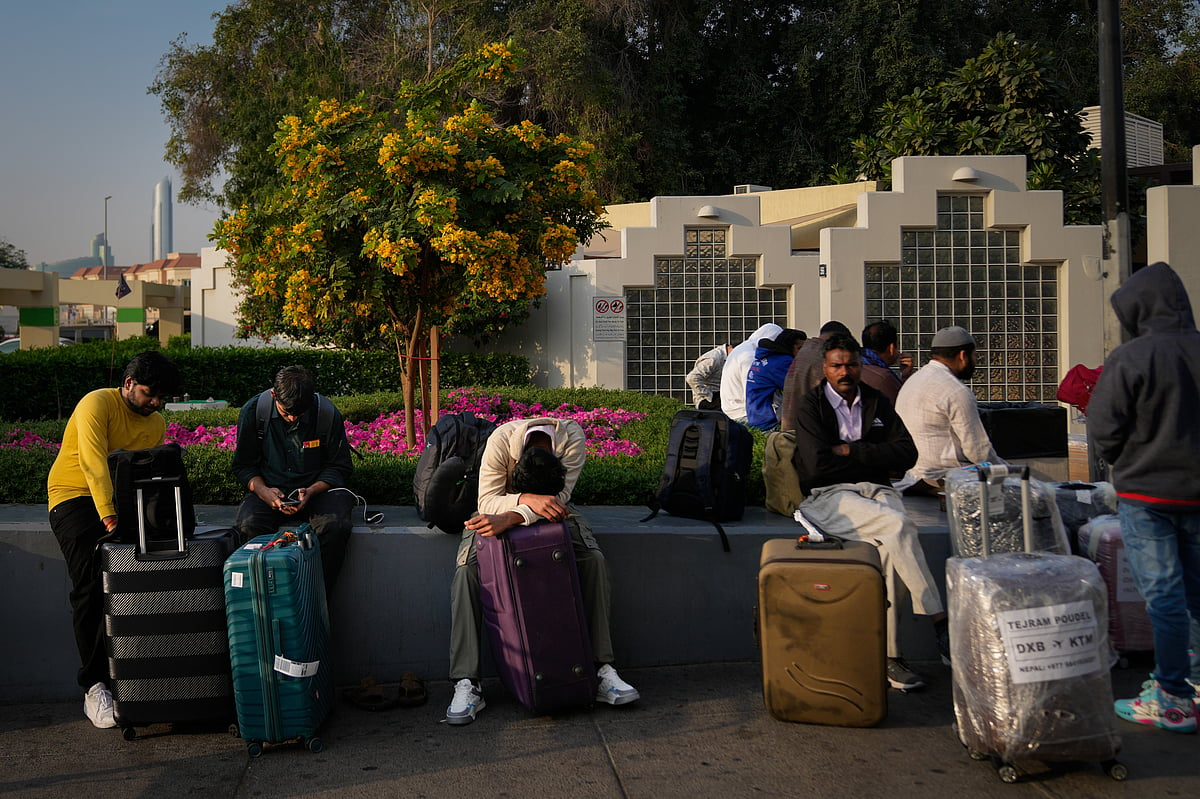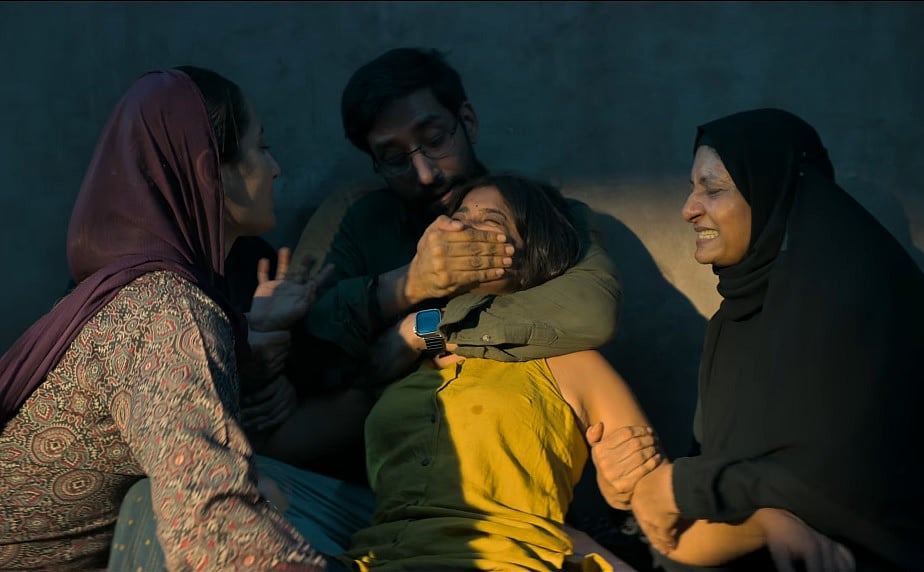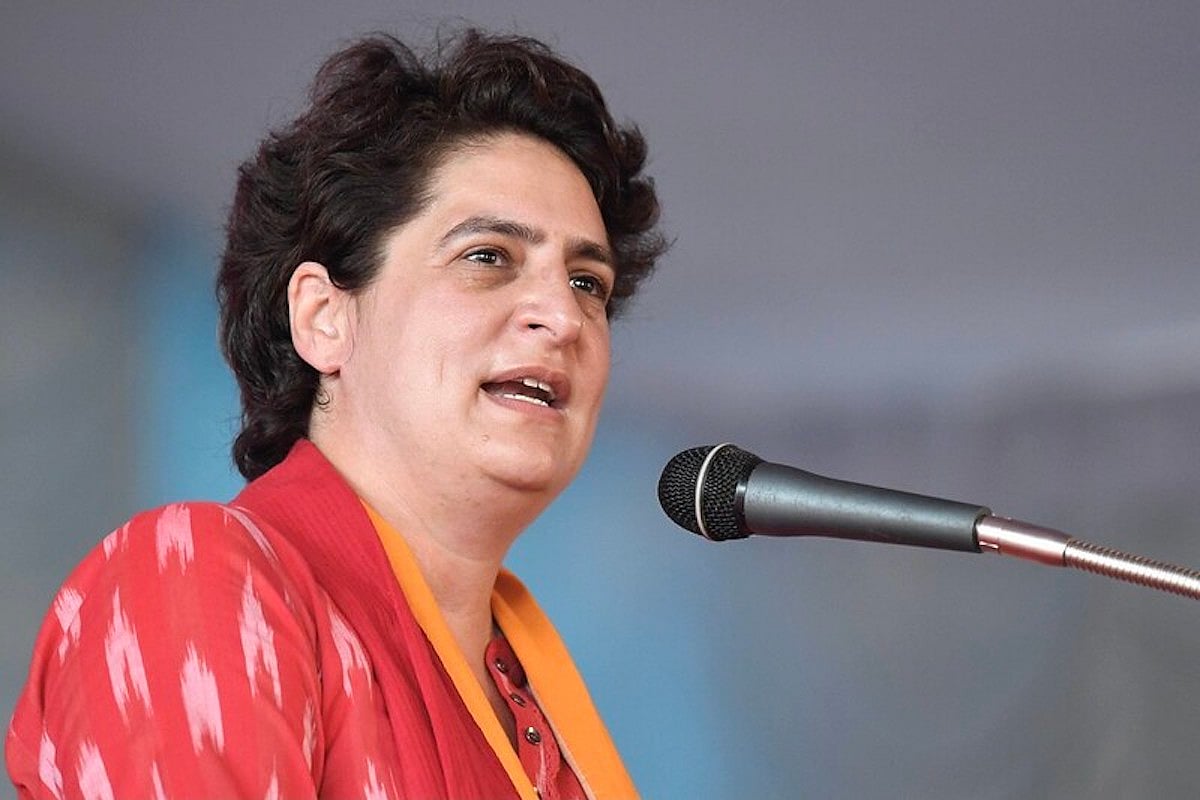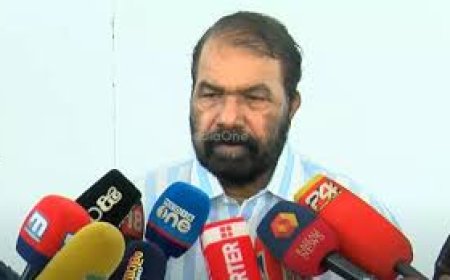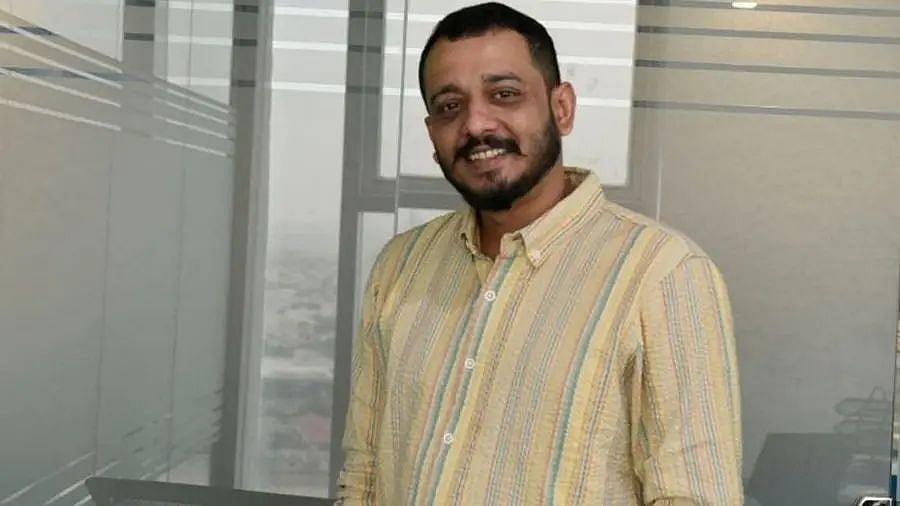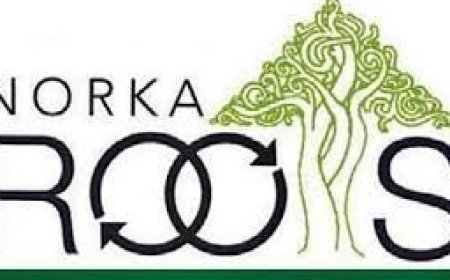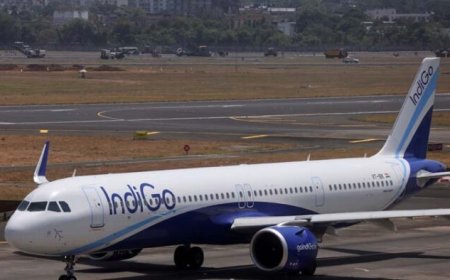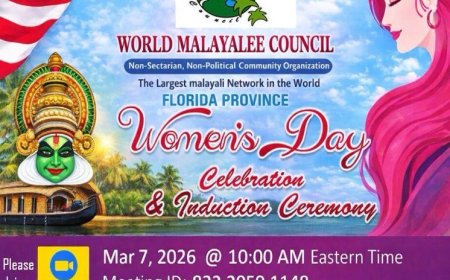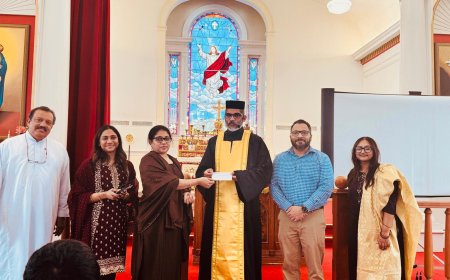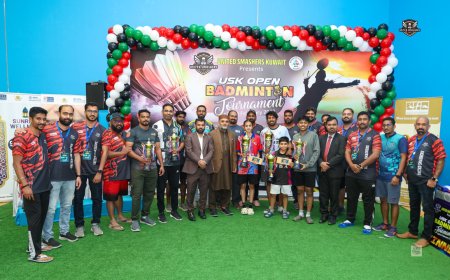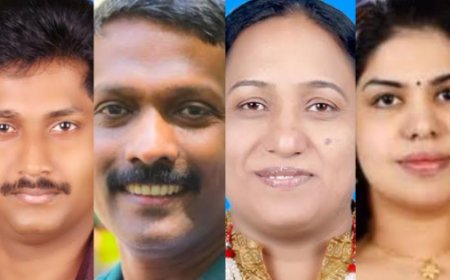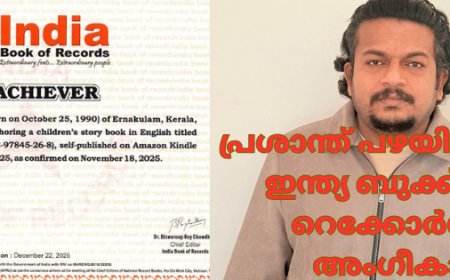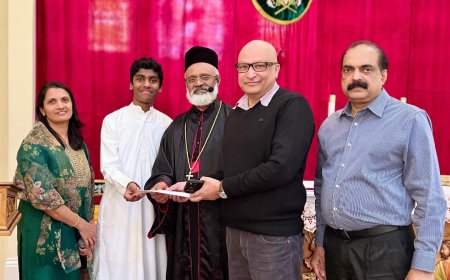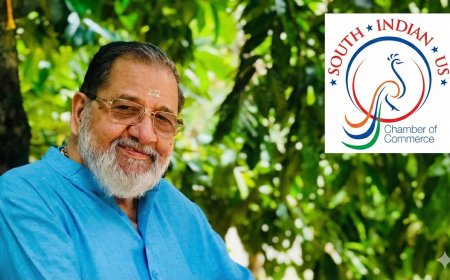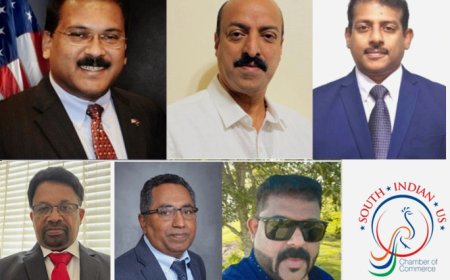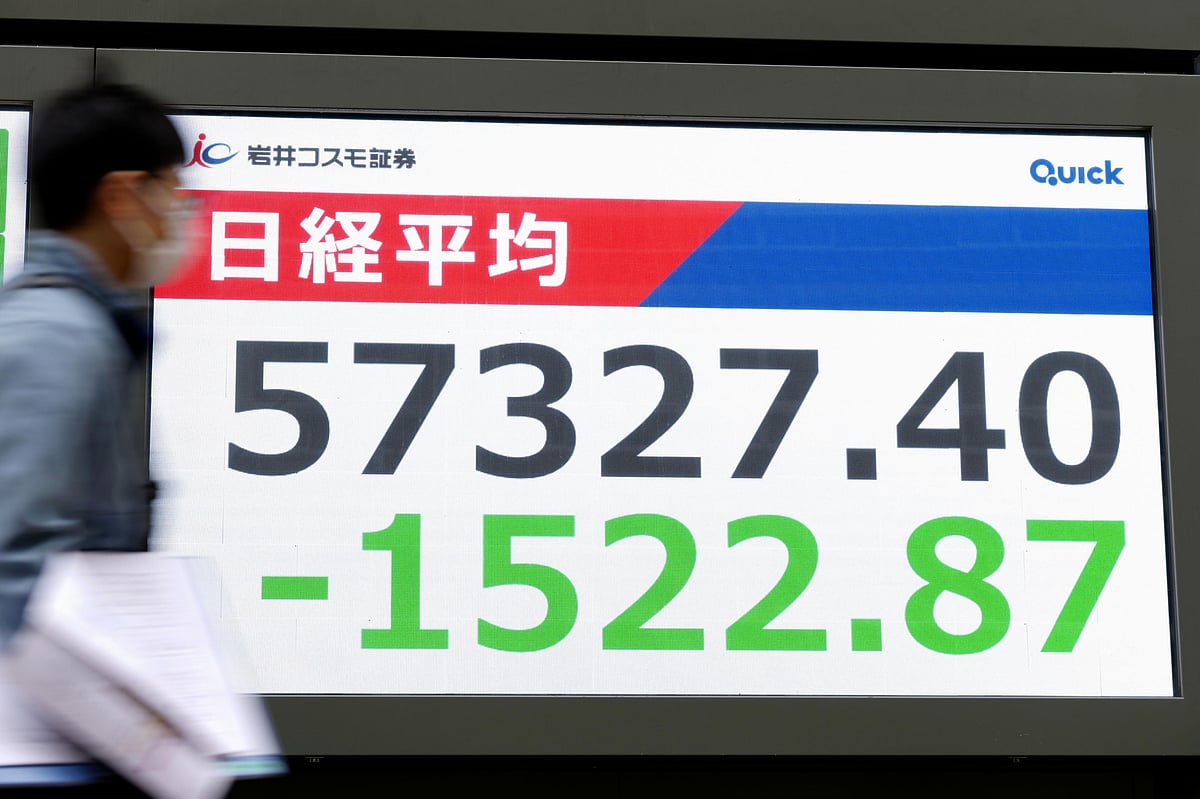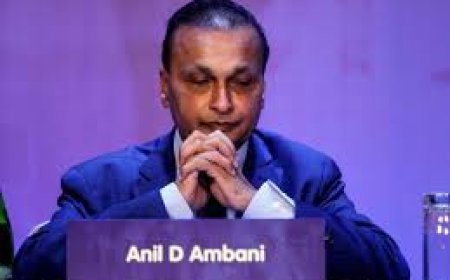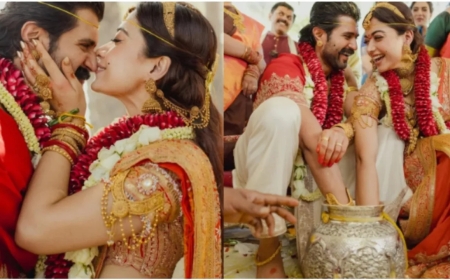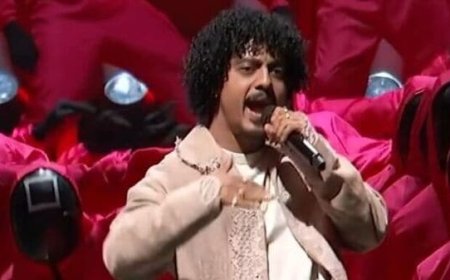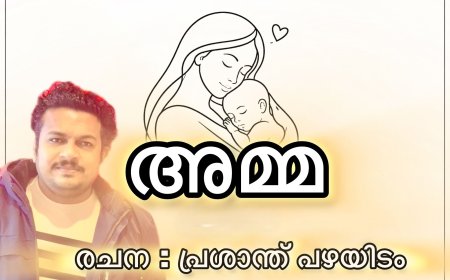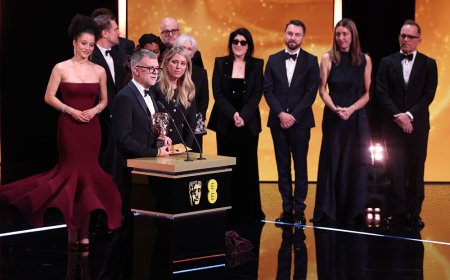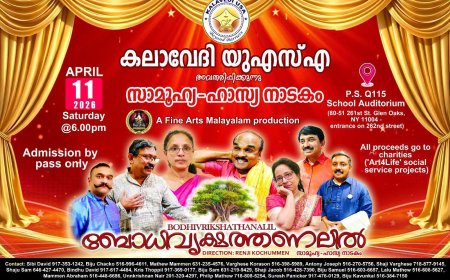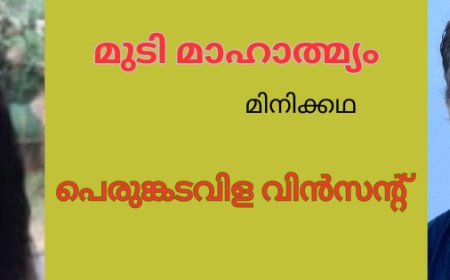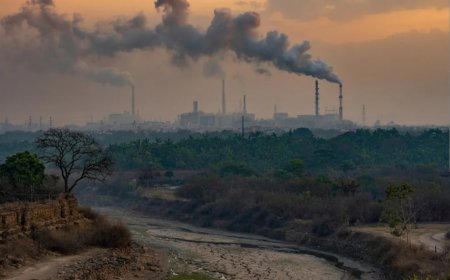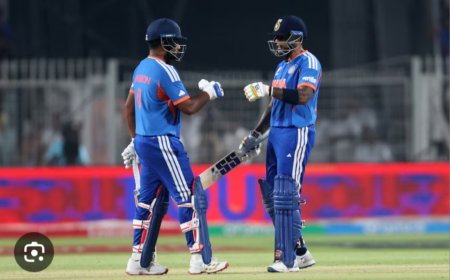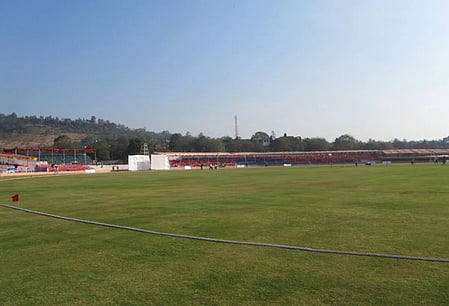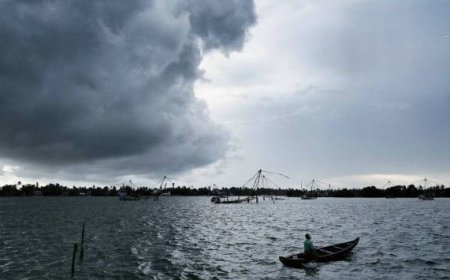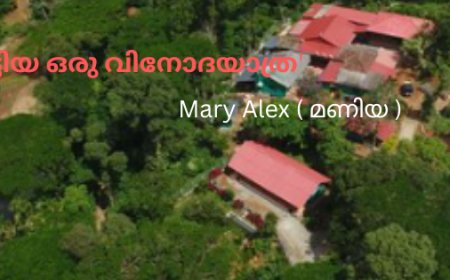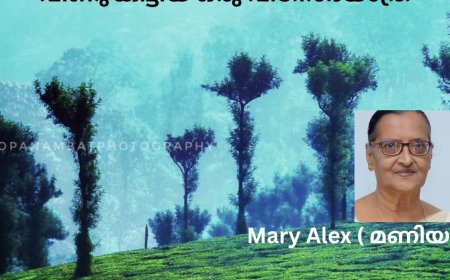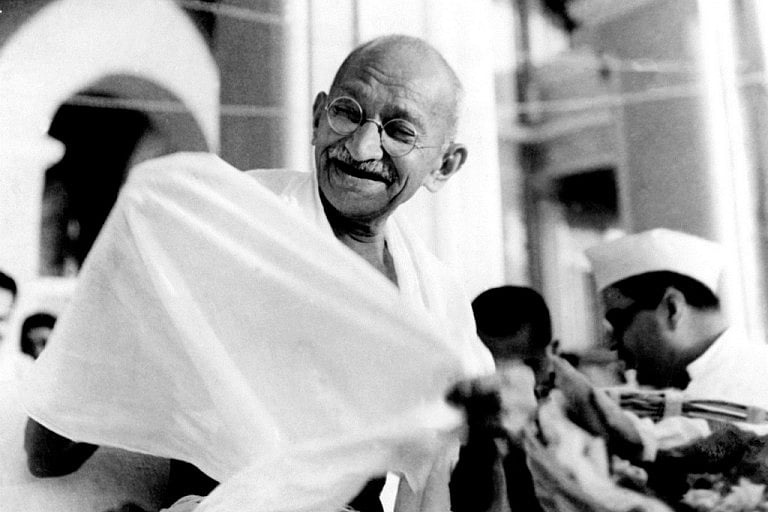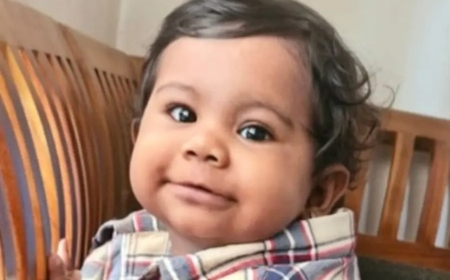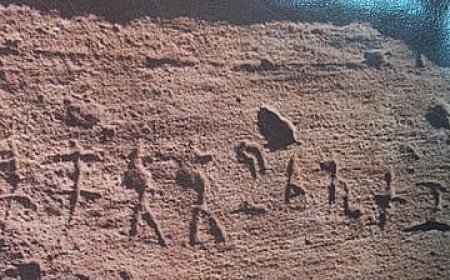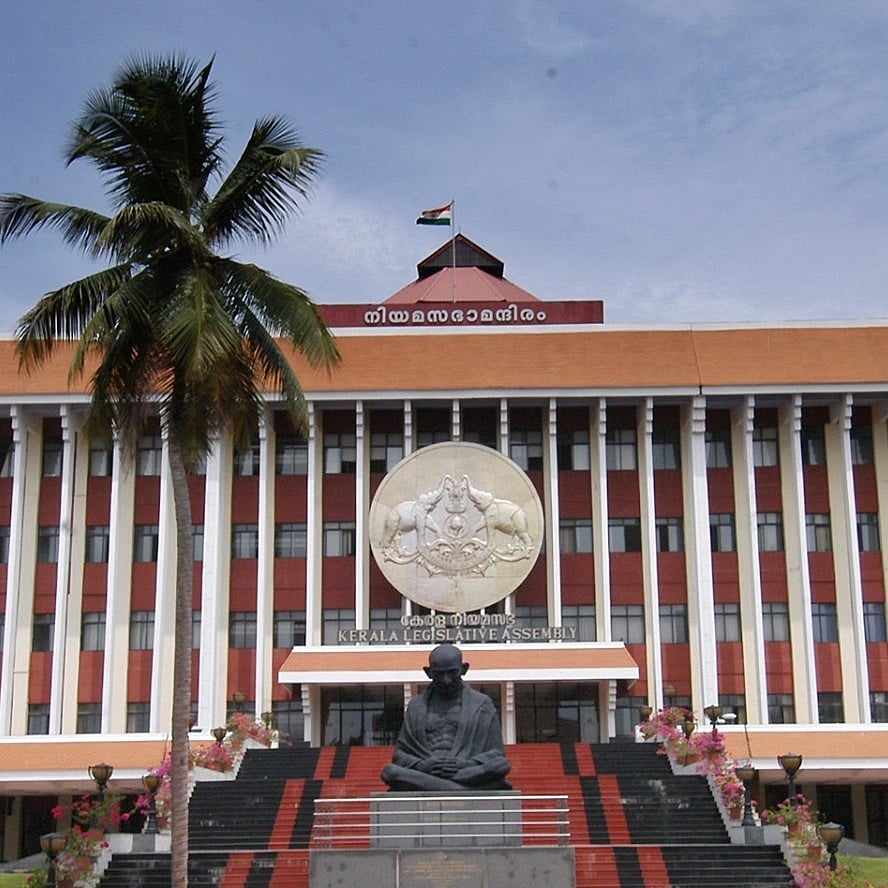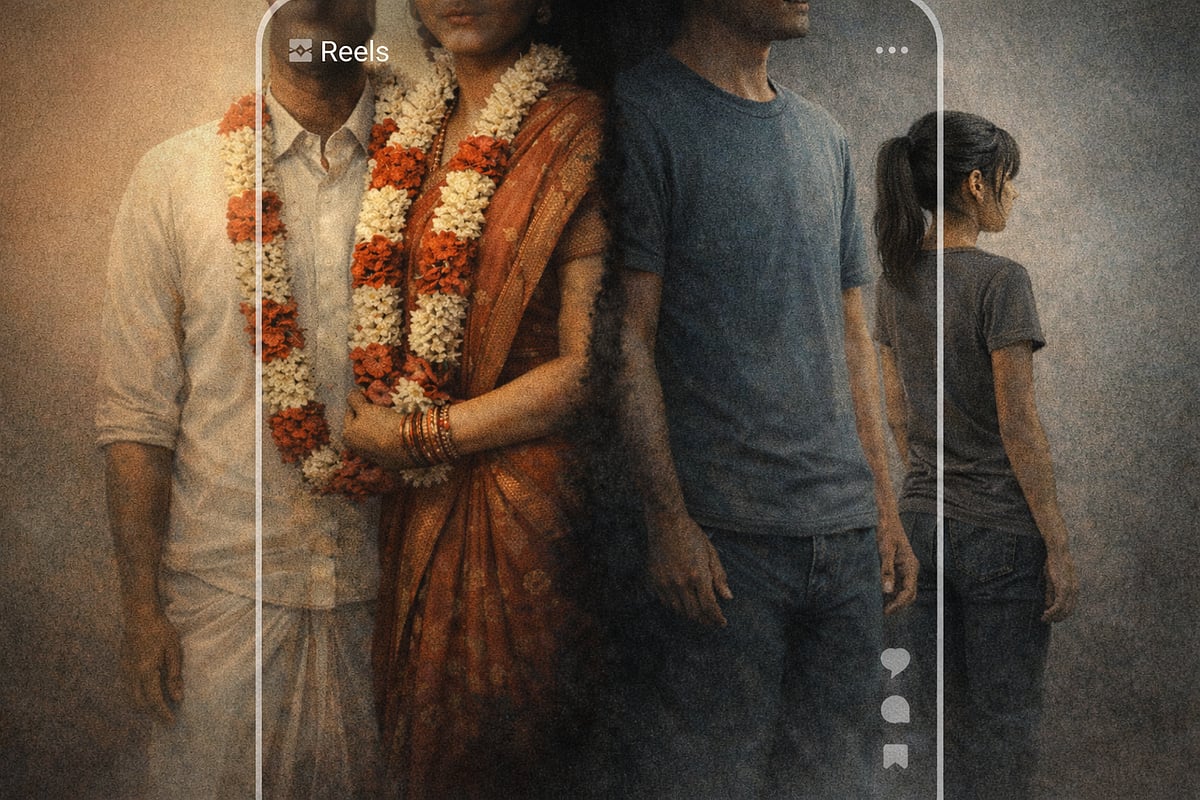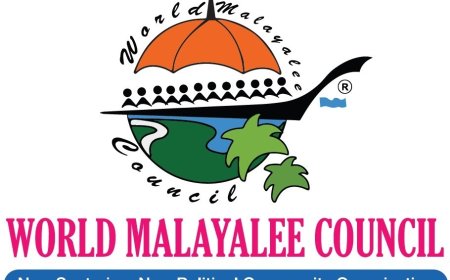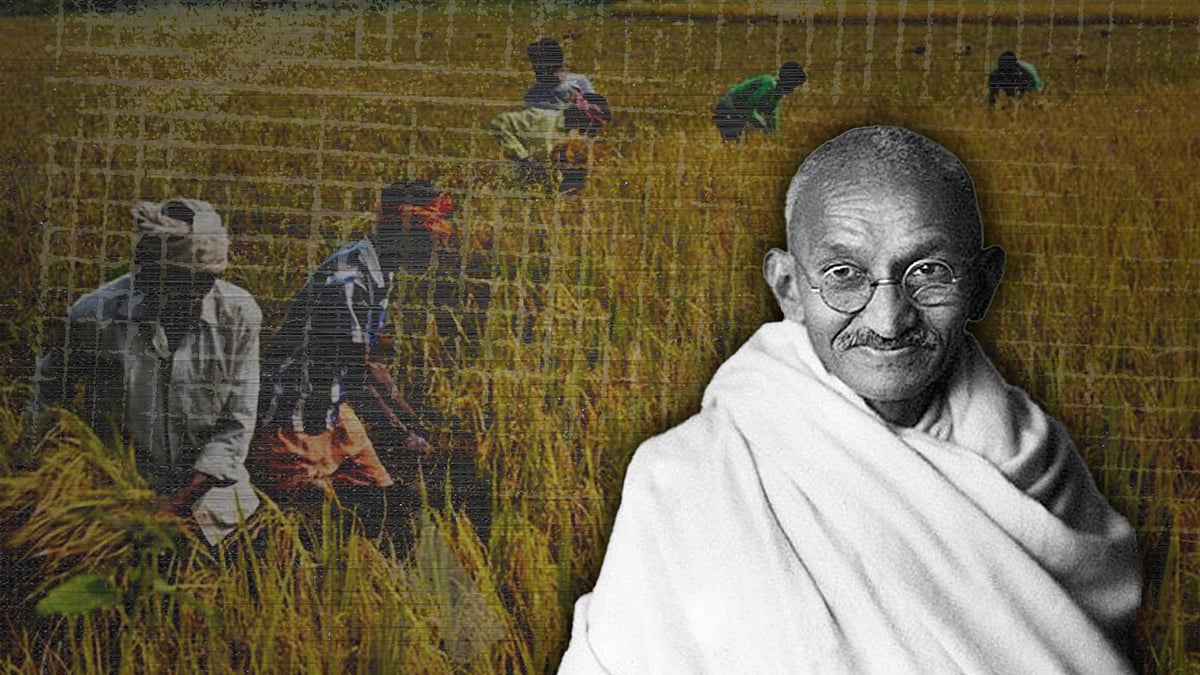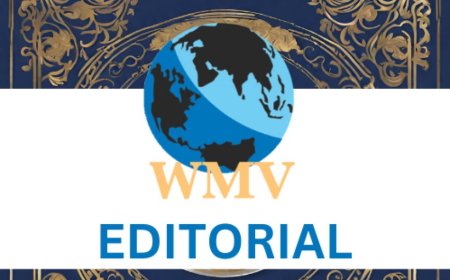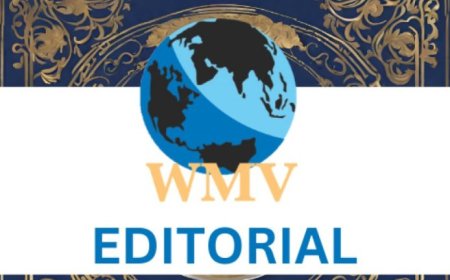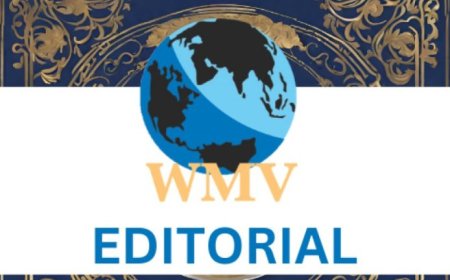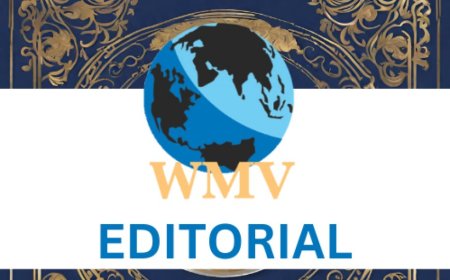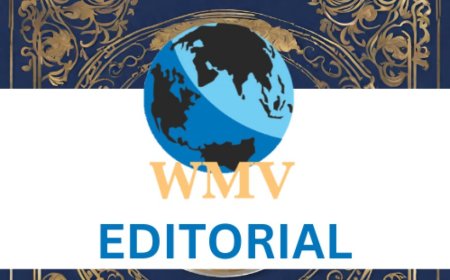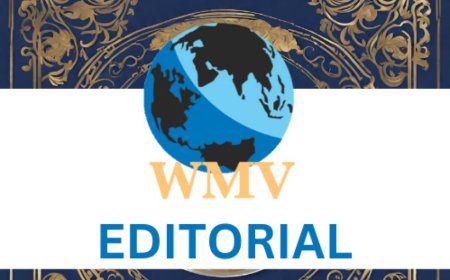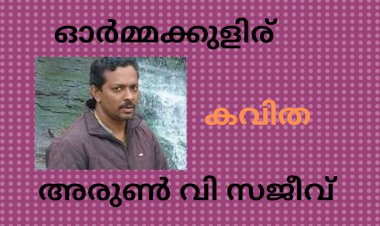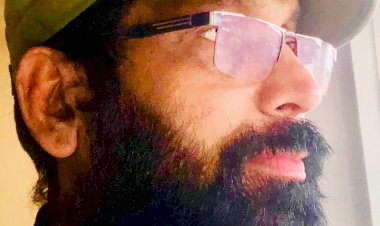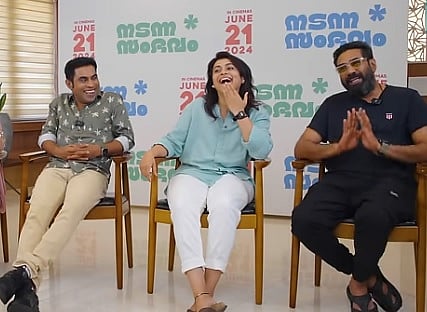New US visa rules won’t affect Indian tourists
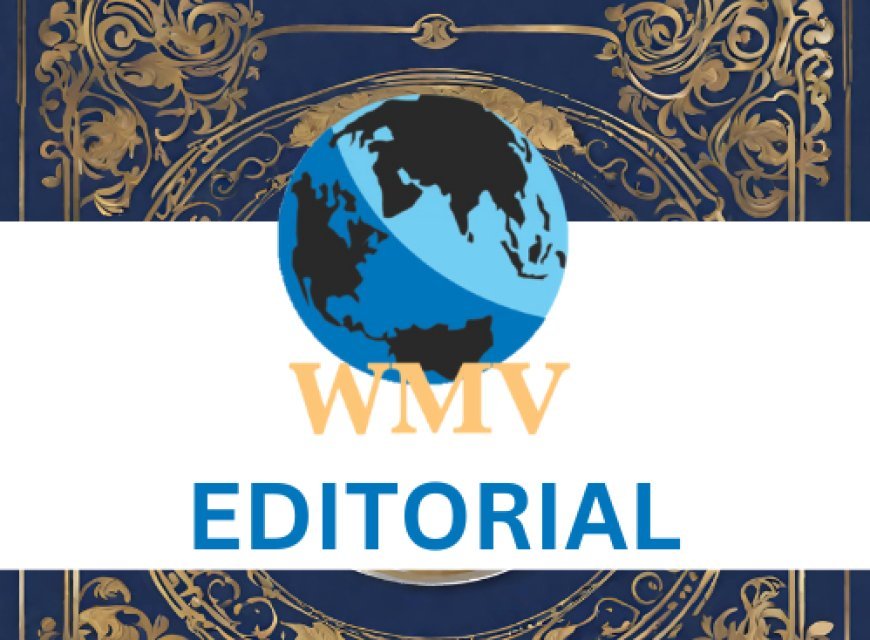
US President Donald Trump has dramatically ramped up the application fee for companies hiring employees on H-1B worker visas, the principal mechanism for firms to bring in workers with specialised skills from around the world in fields ranging from technology to teaching.
The increase, to $100,000 per application, is meant to deter companies from using the programme to bring in foreign workers at current levels, amid a growing and heated debate within the US on immigration.
Do these changes in H-1B rules affect regular tourists?
The recent changes to H-1B policy may affect many professionals; however, they do not impact Indian travellers using tourist or visitor visas, according to an NDTV study.
If your trip to the US is for a holiday, meeting family, short business engagements like conferences, or medical care, you are governed by the B-1/B-2 visa rules, which are different from H-1B but have also seen some changes recently.
Note the differences:
An H-1B Visa
• The H-1B visa is a non-immigrant US visa category for speciality occupations. These are jobs requiring highly specialised knowledge, usually needing at least a bachelor's degree or equivalent.
• It is employer-sponsored. That means a US employer petitions for a foreign worker. The employer must show they need a qualified worker, and that they will pay wages comparable to what US workers with similar skills receive.
• The visa is meant for work. Holders of H-1B are allowed to live in the US for the duration of their employment (subject to visa validity). The visa can also allow dependents (spouse, children) to accompany the holder.
• It has limits like a cap (a maximum number per year), and often involves a lottery or prioritisation if demand exceeds supply. There is also an electronic registration process for many applicants.
Tourist/Visitor Visa (B-1/B-2)
• The B-1/B-2 visa is a non-immigrant visa for temporary travel, for business (B-1), tourism, visiting family or friends, or medical treatment (B-2).
• It does not allow employment. You cannot work in the US with a B-1 or B-2 visa. Even business activities under B-1 are limited (meetings, conferences, etc.), but not salaried work or full-time employment.
• For Indian citizens, B-1/B-2 visas are often issued for up to 10 years and allow multiple entries.
• The duration of each stay is usually up to six months, but this is decided by Border Control upon entry, not fixed by the visa alone. Extensions are sometimes possible under certain conditions.
Why tourists need not worry
• The recently announced changes in the H-1B visa scheme do not affect B-1/B-2 tourist visas. If your travel is for tourism, visiting, medical treatment or short business (meetings, conferences), the tourist/visitor visa rules remain the same as of now.
• None of the new fees or eligibility changes for H-1B apply to people who are travelling under a visitor visa.
• Indian travellers who wish to apply for or renew a B-1/B-2 visa can continue following the existing process.
